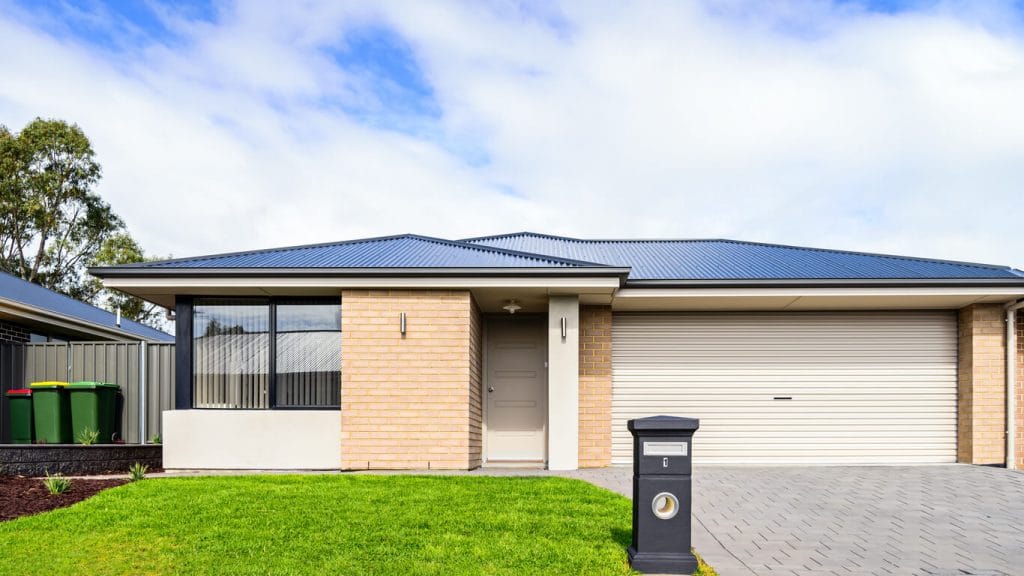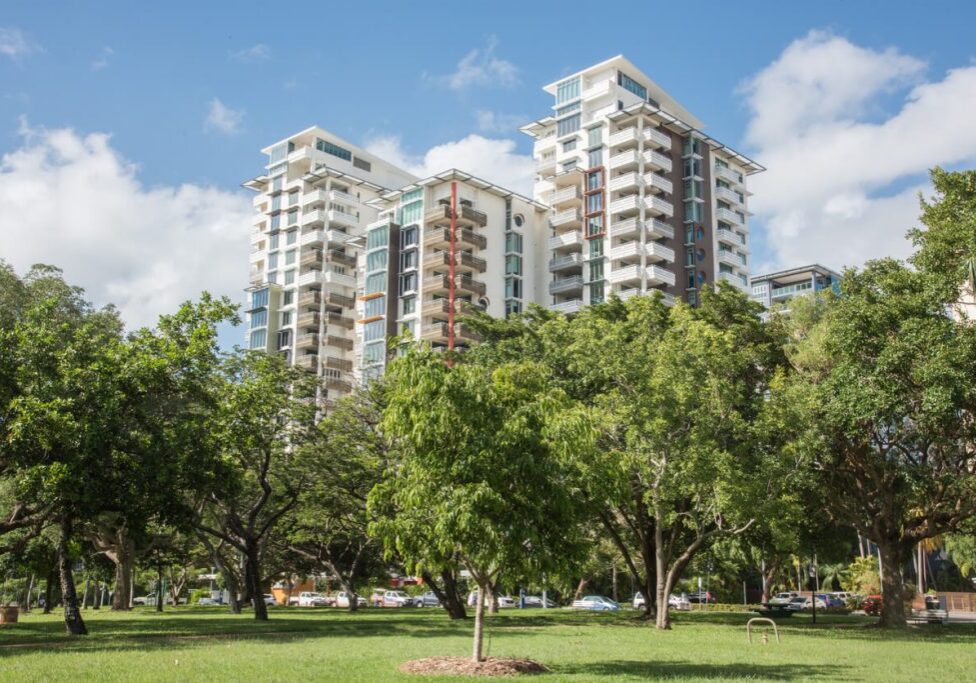Tips to organising your home for a rental inspection

Do you have a routine rental inspection coming up? Don’t stress too much about it, these are normal, and inevitable if you are renting a property in Australia. Many tenants begin to stress about these inspections because they don’t know what to expect, and what they are expected to do.
To help you be better prepared for, and stress less about, your next inspection we have created this guide. It will cover what an inspection is, why it is done, and what you should do to get ready for it.
What is a rental inspection?
You should expect a routine inspection to be performed regularly by the property manager or landlord. The property manager has responsibilities in regards to the property which require these inspections to be conducted. These reasons include:
- Ensuring the property has been taken care of
- And any maintenance/repair issues are reported.
Generally, routine inspections are conducted multiple times per year. However, your property manager or landlord cannot simply show up at the property to inspect it, they are legally required to provide notice. There are also some legal guidelines regarding how often an inspection can be conducted. This varies between states.
In Queensland, Property managers or landlords cannot carry out a routine inspection more than once every three months, except in the case where the tenant has agreed to more in writing. As well as this, tenants must be given a minimum of 7 days’ notice for entry using an Entry notice form (Form 9).
Why are these inspections conducted?
The point of rental inspections is to determine if there are any problems within the property that may require maintenance or repairs and to ensure that the property is looked after. Your landlord is required to ensure that maintenance and repairs have been conducted and that the property is in a liveable condition. So, routine inspections are an important part of this. Routine inspections are not a test to see how tidy your house is.
Generally, the inspection will include the following items:
- Ensuring the property is in a clean and tidy condition.
- Checking that the grounds are maintained. This will include the gardens, so checking to ensure the garden is being mowed, weeded, and watered.
- Checking to see if the property has been damaged in any way.
- Confirming that all who are living at the property are listed on the rental agreement.
- Ensuring there are no pets beyond what has already been accepted.
- Identifying any maintenance issues.
During the inspection, the property manager will walk through the property and note down any problems. These will be reviewed when they return to their office. Any new damage or things that could violate the rental agreement will also be noted. You are welcome to be present during the inspection, however, this is not required.
How to best prepare for an inspection
To ensure the inspection runs smoothly you should do the following before it begins:
- Update your property manager if you have changed phone numbers, bank details, or email addresses. This will ensure you can communicate easily, and notify each other should any problems arise.
- Keep your pets secure during the inspection.
- Note any maintenance problems you notice leading up to the inspection, and report them.
Follow this checklist to ensure your home is ready
There is a wide range of things you should check before the inspection. By doing so, you will be able to get the most out of your inspection and have maintenance and repairs completed. To help you out, here is a checklist you should follow.
Living room
- Lights
Check all your lights and make sure they are working. Look at the light fittings for loose cables and make note of any. Wipe all light switches with a cloth to remove residue or leftover fingerprints. - Walls
If you notice any wear and tear cracks in the wall note these down. While they shouldn’t worry you, it is important to note these to avoid any surprise costs. You should also look along the bottom edge of the wall for any rising dampness. - Floorboards
Floorboards can show signs of wear and tear really easily and can be expensive to fix. Check for creaks along the floor, and see if any parts of the floorboard have begun to come up at the edges.
Kitchens and bathrooms
- Sinks and plumbing
Have a look at your taps. Make sure they aren’t dripping as a dripping tap can add unwanted costs to your utility bills. Listen for any strange sounds when you turn on the taps. - Kitchen appliances and fittings
Make sure your oven and stovetops are clean. These are areas your property manager will inspect. If there is any built-up grease your property manager will tell you in the inspection report. - Tiles and surfaces
Give your tiles and surfaces a good scrub. Make them shine. Clean up any residual debris on your counters, sinks, mirrors, showers, and bathtubs. - The toilet
Don’t forget to clean your toilet! It is also a good opportunity to check around it to make sure it is all clean. - The cupboards
Check the hinges of your cupboards and the joins in shelves. Often these can catch food residue and grime.
Bedrooms
- Walls and floors
Just like you did for the living room, check your walls and floors, noting any wear and tear that may need maintenance. - Windows and doors
Air out the bedrooms, especially after winter where you may have kept the windows closed for a long time. Check all handles and locks to ensure they are still working. It is also a good idea to check sliding doors and windows as these can easily fall into disrepair. - General clean-up
While your property manager won’t poke around your bedroom, it is still a good idea to give it a once-over. Clean up rubbish, and wipe down surfaces.
The exterior
- Cobwebs
Sweep away the cobwebs from around your property. They may be a nuisance, but they need to be cleared away. - Entrance doors
Ensure all locks and handles are functioning properly. This is important for your security so should be looked into. You should also check flyscreens, and wipe away dust from doors. - Garage
Check your garage doors and ensure they work as they were supposed to. It is also a good time to check the garage itself and ensure that it is clean. Wipe up any oil puddles or other stains. - Gate and garden
Take a look around your gates and fences. Ensure these are all still in working order. If they aren’t let your property manager know. Give your lawn a water and a mow, while also removing any weeds.
Conclusion
A routine inspection doesn’t have to be stressful. It is often a good excuse to give the house a deeper clean than usual. Take the time to look around your house and find anything that may need maintenance or repairs. It is a good idea to let your property manager know before a routine inspection of any repairs or maintenance that may need to be conducted. This will allow them to inspect the issue during the inspection.
If you want further advice regarding inspections or looking after your rental, have a look at our articles here.




